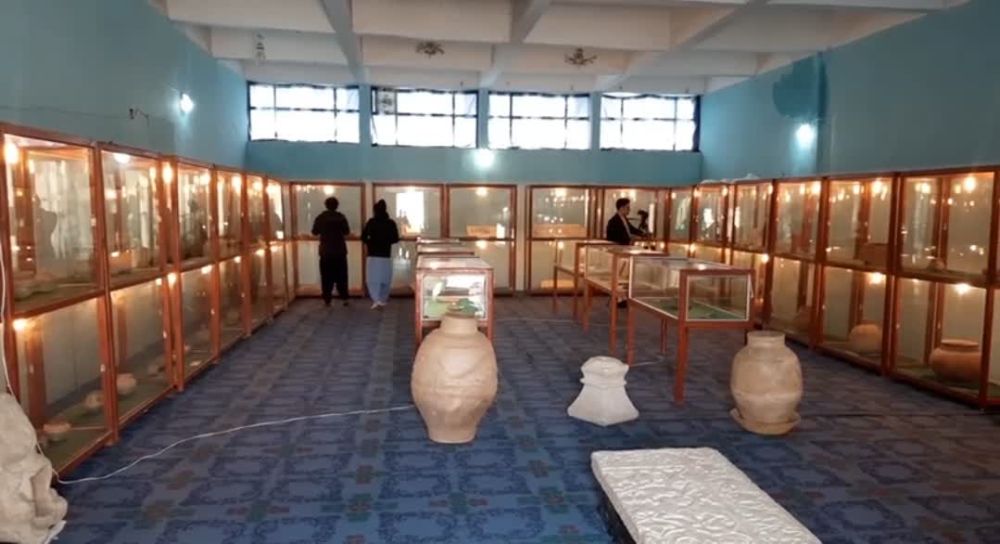The Archaeological Museum of Ghazni, situated in the ancient city of Ghazni, Afghanistan, serves as a repository of the region's rich history and cultural heritage. Ghazni, known for its historical significance as a center of the Islamic civilization, particularly during the Ghaznavid dynasty in the 10th and 11th centuries, harbors remnants of the bygone era. The museum itself is a symbol of Afghanistan's commitment to preserving its archaeological treasures. It holds a vast collection of Islamic art, including manuscripts, ceramics, and numismatic items, alongside the pre-Islamic artefacts such as Buddhist relics from the area's earlier history. In recent times, the museum and the city have faced challenges due to political instability in Afghanistan, but efforts for preservation and restoration continue. Visitors to the museum can learn about the region's history, art, and architecture through the curated exhibitions. The displayed items echo the stories of the Afghan people and their ancestral civilizations. The museum serves not just as a tourist attraction but also as an educational center for locals and researchers alike.

